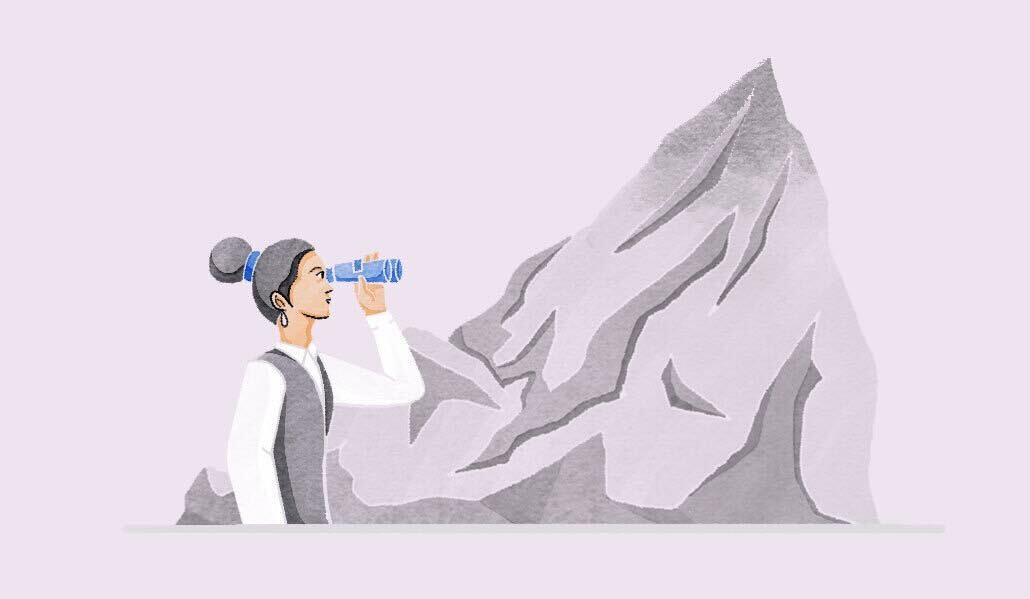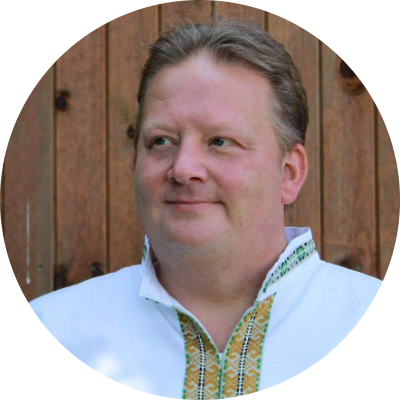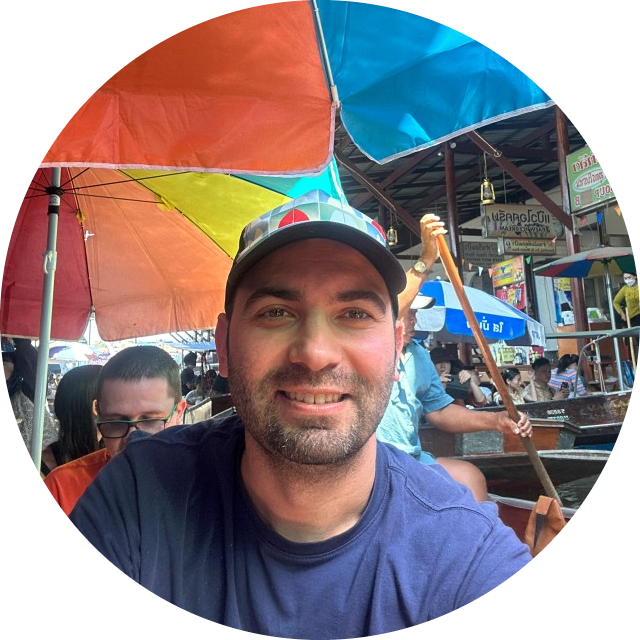Hotel originally built for Bulgaria’s communist regime could be the next hot digital nomad location

In the rural town of Semkovo, in the middle of the Bulgarian mountains and more than two hours from Bulgaria’s capital Sofia, sits an abandoned 16,700-square-meter building. It was built in the 1980s as a luxury hideaway for elite members of Bulgaria’s former ruling party.
Today, the building is in disrepair and has been vacant for the past five years. But, when entrepreneur Matthias Zeitler first saw the 200-unit property, he believed it had the potential to become a digital nomad community.
Zeitler is a former digital nomad himself, originally from Germany, who decided to call Bansko, Bulgaria, home nearly seven years ago. At the time, it wasn’t a digital nomad destination in the slightest. Sure, some tourists came through in the winter to ski, and the infrastructure was in place for more visitors, but it wasn’t on the map for many travelers.
But a few of Zeitler’s friends were on board with his idea, and they bought a small shared office for themselves. In just a few years, more digital nomads were visiting, and Zeitler built Coliving Bansko, which has about 125 members. Next, he created Bansko Nomad Fest, which is a week-long retreat for digital nomads. This year, he’s expecting 750 people.
“Over the years, it turned out that people don’t only want to work together, they want to live together,” said Zeitler.
Initially, he started the search for something in Bansko that had around 25 units. Over time, though, as the community grew, so did his ambitions to build something iconic. He expanded his search and eventually found the property in Semkovo, located about 45 minutes away from Bansko. The project took on a life of its own, completely separate from his endeavor in Bansko, and is called Coliving Semkovo.
There are other popular co-living destinations that have seen success over the years. One of the most popular is Selina CoLive, where digital nomads can pay month to month and get accommodations, co-working access, wellness classes and more. Selina’s presence spans globally, with locations in the U.S., Argentina, Brazil, Costa Rica, the U.K., Greece, Australia and Thailand, to name a few. There’s also The Collective, where digital nomads can stay for a few nights or move in for a few months. Similar to Selina, everything is all inclusive. The Collective has locations in London and New York City.
The vision
So what does it take to add another co-living destination to the mix? Zeitler said it’s finding something that sets Coliving Semkovo apart from the rest. For him, that means creating a “co-op” to manage the establishment.
“It’s going to be built on community ownership,” said Zeitler.
Here’s how it would work: 200 people would buy apartments, which range from €25,000 ($27,000) for a renovated studio to €60,000 ($64,000) for a larger unit. The owners can then decide what they want to do with their apartment, for example staying there themselves long-term or renting it out to others for a few months. For co-living guests, prices would start at about €500 ($537) euros for one month.
Overall, Zeitler said he doesn’t imagine anyone will stay for longer than six months at a time. However, Coliving Semkovo is not meant to act like a hotel either, where people just come for a weekend. But the unit owners have a say in how Coliving Semkovo operates because they will have a share in the co-op, which owns all of the co-living areas.
“If you come to the co-working space in Bansko, it doesn’t feel like a business, it feels like a community,” said Zeitler. “But, in the end, when you look at it, I own it. I wanted to do the Coliving Semkovo project differently. I want the team to also own the business and run it.”
So far, there are 68 people investing financially in the project. Zeitler said a number of these individuals are folks who were already familiar with Coliving Bansko.
“As a digital nomad, I have been looking for a base in the EU [European Union], in particular Bulgaria, and I have only heard good things about the community Matthias has built in Bansko, so this had me instantly sold and I’m really looking forward to being part of this project,” said one person who has already backed the project.
Others are especially interested in the co-op part of it. “I love the idea of co-living and want to invest in being part of it,” said one backer. “Absolutely in love with the idea of a hub in nature for up to 200 people to connect and spend time together,” said another. “The group is small enough to get to know people over the duration of a longer stay, but big enough to make great things happen and find enough like-minded folks.”
Zeitler has also tapped remote companies based in Bulgaria that might be interested in buying real estate to potentially bring them into the mix. For example, a company could buy an apartment and then offer it as an employee benefit and send folks to work in a mountain destination when they’d like a getaway.
And of course, visitors would also be able to enjoy the many on-site benefits that Zeitler is envisioning. Like other co-living destinations, these would range from Coliving Semkovo’s own restaurant and grocery store to wellness programs and ski and bike rentals. The building also has a pool and bowling alley.
“I was looking for a property where I can make all of this happen,” said Zeitler. “This former hotel was built for the Bulgarian party when it was still a communist regime. What was interesting about this property is it has really big communal areas because it was built for representation. There’s many areas we can use for events, including an auditorium that holds 500 people.”
The challenges
One potential issue with Zeitler’s plan is that Semkovo is a remote town, with the closest village 20 minutes away. “It’s not well known,” said Zeitler. “It was kind of similar when I started Bansko, but at least we weren’t the first people that came to the spot.”
This project is definitely different in that regard. Zeitler said that he imagines that remoteness may make it harder to get people on board. He needs 150 people to kick off the project fully. Currently, he has 68 people willing to invest. “My goal is that we find buyers for all of the apartments because it’s easier to operate at scale,” said Zeitler.
Right now, the deadline to buy the building is mid-July. At the end of May, all of the backers are scheduled to have a final meeting to go over pricing, budgets, governance structure for the co-op and other topics. In June, Zeitler said he hopes to finalize the remaining backers. If they reach that 150 threshold, they will begin the sale process. If they don’t reach that number, it’s not over. The building isn’t necessarily going anywhere because it’s been on the market for a while, but Zeitler said he will need to decide if it’s worth spending another six months attracting more backers.
And to have a true co-living experience, you do need a community of people. If there are only a handful of people in a co-living space of 200 units, it could feel like an experience from the movie “The Shining,” joked Zeitler.
“We want to fill this building, which is why we’re starting with the price point of €500 [$537]” said Zeitler. Over time, once Coliving Semkovo is up and running, the price would increase to match competitors’ more closely.
Andrew Williams, founder of nomadic travel magazine Remote Tribe, is among those to have shown interest, largely because of the cheap price.
“I think this type of accommodation is here to stay,” said Williams, who has been living in co-living spaces on and off across his seven years of digital nomad-ing. “There is a lot of upside for the value of the property, as long as the project is executed. The place is big enough to host a community, and the way they want to refurbish it makes sense. Plus, you have the mountains.”
At the end of the day, Zeitler acknowledged that Coliving Semkovo is an experimental project with a lot of exploration to come. With that, though, he believes that it has the potential to have a bigger impact.
“I’m trying to explore how this could work, and if it works, I’m pretty sure that other locations will also come up with similar concepts,” said Zeitler. “Maybe that comes from looking at what we’re doing, or because it could become a global trend for places in the future to offer this kind of amenity.”


